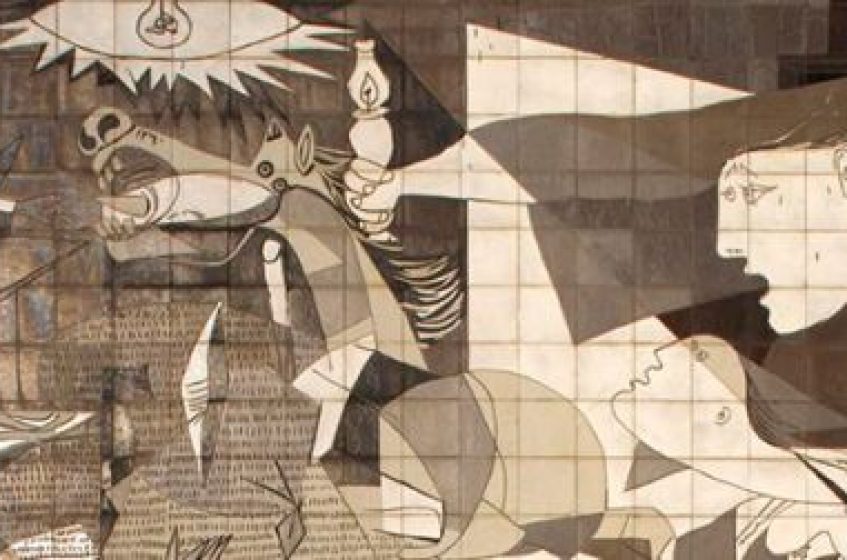
Economic History Workshop: Trust Unraveled – The Long Shadow of the Spanish Civil War

Register
The Spanish Civil War (1936-1939) was one of the most devastating conflicts of the twentieth century, yet little is known about its long-term legacy. In this workshop, Felipe Valencia Caicedo of Vancouver School of Economics will present key findings that show the war has had a significant long-lasting effect on social capital, using geo-located data on historical mass graves and disaggregated modern-day survey data on trust. There appears to be a significant negative relationship between exhumed mass graves and this same trust variable, pointing towards the deleterious long-term effects of political violence against civilians. In turn, the results for general combat deaths are insignificant. To deal with the potential endogeneity of conflict, Felipe and his team use military plans of attack in conjunction with the historical (1931) highway network. They further decompose trust, finding negative effects of conflict on trust on institutions associated with the Civil War (i.e. the Civil Guard and the military), but no effects when looking at trust on democratic institutions. They also find long-lasting results on voting patterns, using a Regression Discontinuity around the Aragon Front. In terms of mechanisms, using a specialized survey on the Civil War and street-level data, they find lower levels of political engagement and differential patterns of collective memory.
First come, first served.







